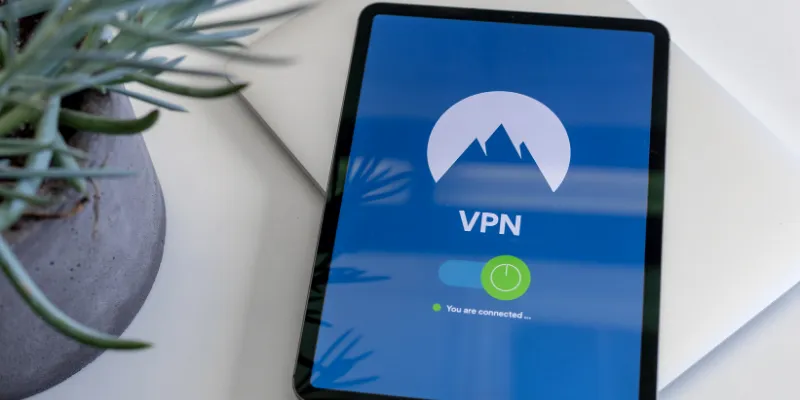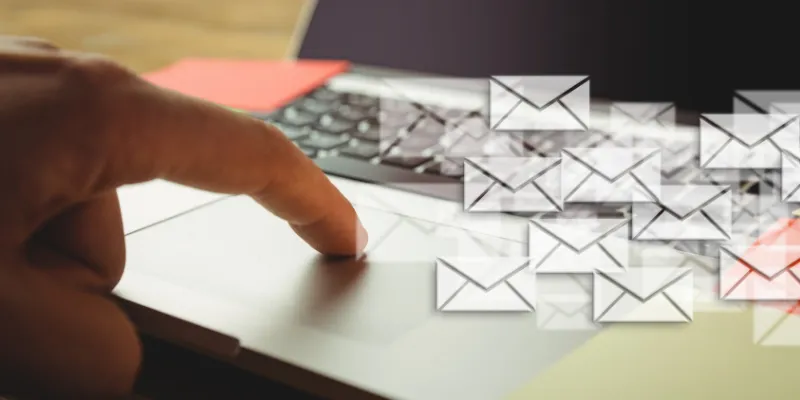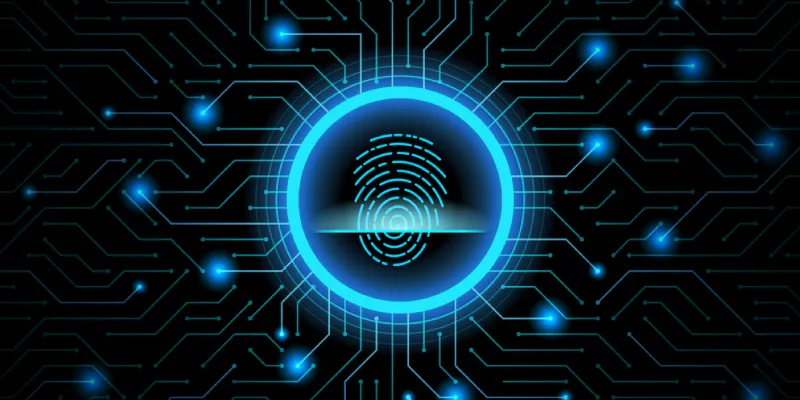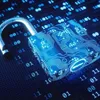Four ways you can ensure cyber safety while working from home
From identity theft, digital spying, to loss of files and data, several cases of security breach have been reported ever since people started working from home due to COVID-19. SocialStory brings to you some ways to stay safe from these cyber-attacks.
The internet is one of the most enriching resources available to us. However, it comes with its own Catch-22 situations. Hence, it is important to be aware of everything that is running behind the scenes and stay protected by adopting the necessary cyber security measures.
From identity theft, digital spying, online threats to loss of files and data, several cases of security breach have been reported in the recent past. As working from home becomes the new normal, several phishing scammers and hackers are on the lookout to take advantage of the increased online presence.

According to the Cyber Threat Report by K7 Security, cyber-attacks, including phishing emails and fake apps, jumped by 260 percent during the coronavirus lockdown in India. While Kerala saw around 2,000 attacks, Punjab and Tamil Nadu witnessed 207 and 184 violations respectively.
To help you avoid falling prey to such infringements, SocialStory brings to you some tips and suggestions.
Stay wary of COVID-19 themed domains
With fears related to the pandemic looming large, many hackers are on the lookout to capitalise on it.
Users are being trapped in many ways – sending malicious links and luring them to click them, deceiving them to download a set of mobile apps claiming that they can track the virus, and dropping dangerous ransomware while they install applications on devices.

The internet giant Google stated that it had blocked approximately 18 million pandemic-themed malware and phishing campaigns every day, besides eliminating around 240 million spam messages daily in April.
So, the next time you click on a URL or a hyperlinked text that pops up on your screen, think twice, and check the authenticity of the source before acting. Also, before you download any app, see if you actually need it, and also do some research to verify if it is genuine.
Ensure your home network is protected
In case you have to conduct any business transactions online or send personal details to someone, using wireless networks is not advisable. Connecting to Wi-Fi hotspots with WPA2 encryption helps in such scenarios. Ensure you have a virtual private network (VPN). This will prevent others from seeing what you do online. Not only does it keep your internet connectivity safe, but also protects privacy.

Image credit: Creativeart
It’s a great idea to switch off network discovery functions on your device when you’re out. Else, there is always a chance for your login details to be misused.
Changing your Wi-Fi password every now and then is a good practice to follow.
Examine emails carefully
Cases of impersonation have also been on the rise. Even renowned organisations such as the World Health Organization (WHO) have not been spared. Right at the start of April, this year, the WHO reported that 450 of its active email addresses and passwords were leaked online besides thousands of other credentials belonging to other personnel working on COVID-19 response.

Image credit: Creativeart
Considering that most of us are working from home and may have our inbox open round the clock, it is recommended not to open emails from unknown sources, cross verify the sender’s email ID to confirm it is from the same person, and review all your mails for unwanted characters and fishy attachments.
This will not only help you protect the leakage of sensitive information, but also help you stay away from all kinds of malware.
Keep security products updated
Anti-virus products and firewalls are said to be “the policemen” at the gate of a computer system. It screens the device for threats and warns of possible breaches.

Therefore, installing and updating antivirus programmes, firewalls and encryption have utmost significance. Outdated software might have security gaps that can leave you exposed. In addition to these, setting up specific data and cloud security software can aid in keeping information safe and eliminate risks of unauthorised access, disclosure, and deletion.
Edited by Kanishk Singh








